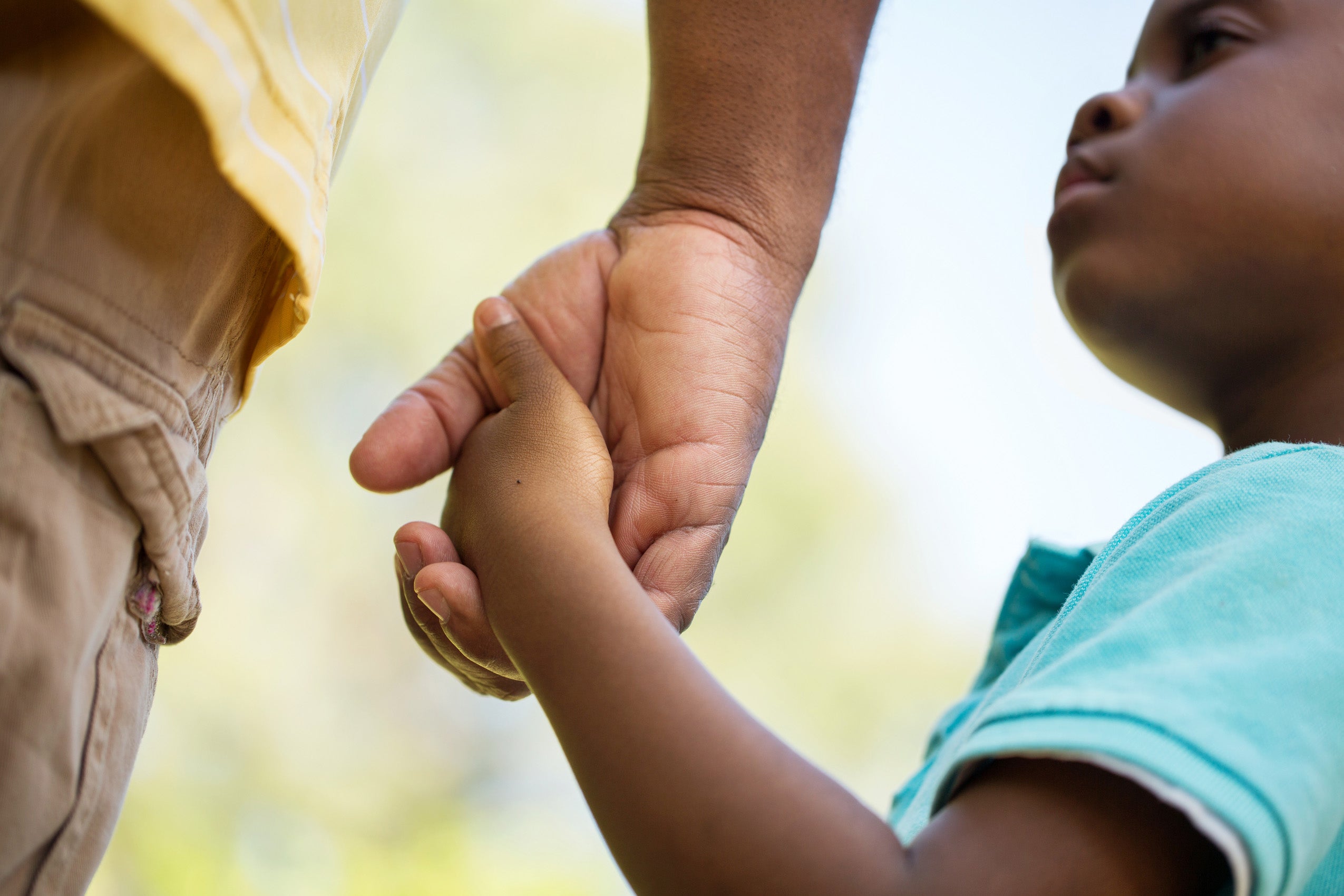Negotiation, research and writing, trial preparation, and advocacy in the courtroom are just a few of the variety of legal skills practiced by clinical students this semester. But in one particular clinic, students practicing these skills share one thing in common: their clients are children.
Austin Riddick ’23, Katie Martinez ’23, and Madelyn Chen ’22 are students in this semester’s Child Advocacy Clinic, each working at a different externship placement in Massachusetts. The Child Advocacy Clinic, directed by Lecturer on Law Crisanne Hazen, offers Harvard Law School students the opportunity to engage in social change strategies while working at a variety of public interest placements that serve children. Students work in the substantive areas of child welfare, education, and juvenile justice for the semester, while simultaneously participating in a seminar that offers the opportunity for reflection and discussion with their fellow classmates.
[Related: A day in the life of Harvard Law School’s legal clinics]
Riddick said he was drawn to the clinic for its interaction in the criminal justice and special education areas of the law, driven by personal passions for both.
“My little brother Chase was diagnosed with autism when he was two, and that’s had a big impact on the way I view the world and interact with other people,” Riddick said. “Growing up and watching my parents work so hard to make sure that he could get a quality education and the difficulties that I saw in special education law throughout my entire life made me really interested in the clinic. When I got to Harvard and I saw that this clinic was offered, it seemed like the best of both worlds. It’s an opportunity to address a lot of the passions that started at a young age and solidified in college related to the justice system, and the passion for special education law that I’ve had for as long as I can remember because of my brother.”
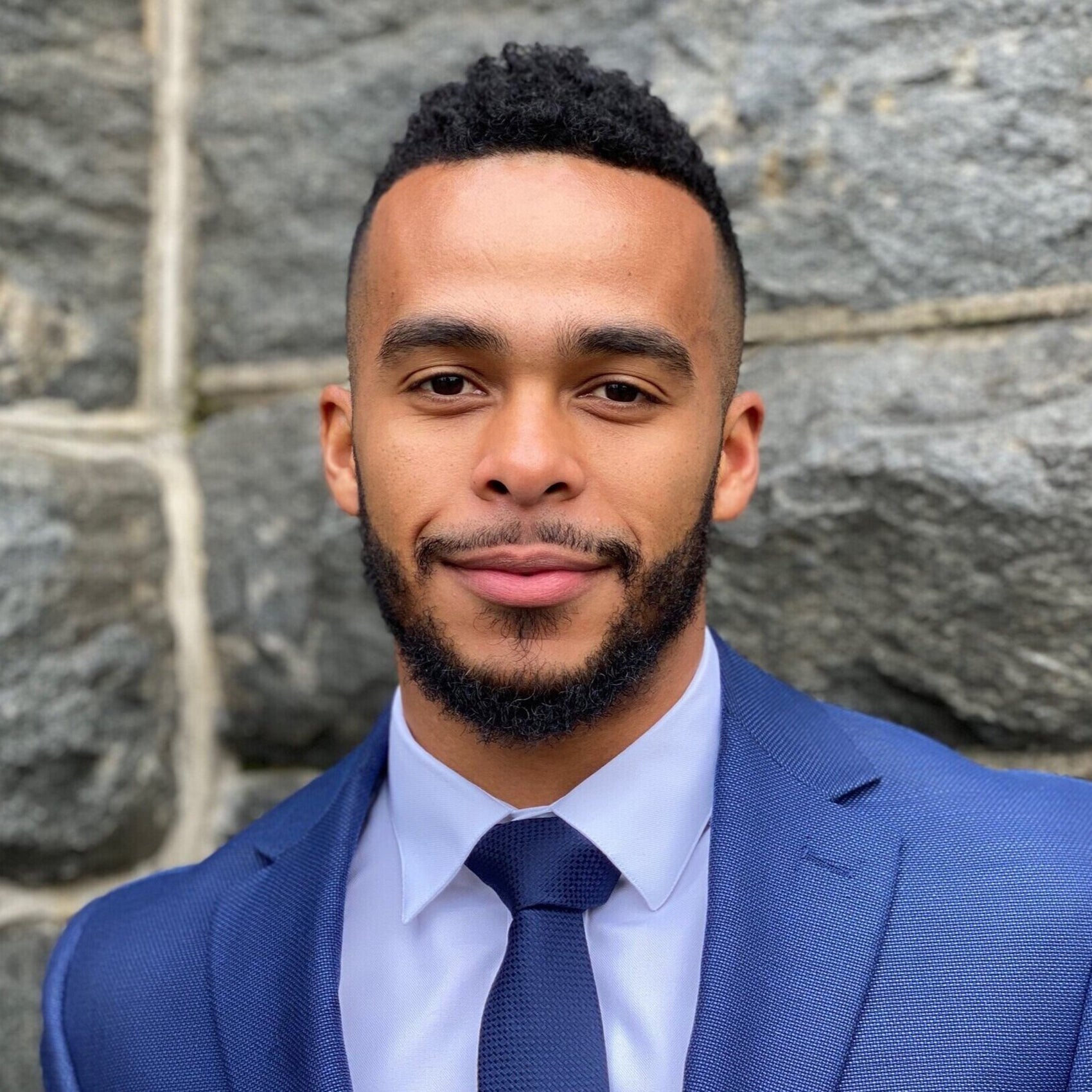
This semester, Riddick is working at the Children’s Law Center of Massachusetts (CLCM), an advocacy and legal services organization based in Lynn. He’s focusing on special education law, serving as an advocate for students and parents in conversations with their school districts about how to ensure the child has an adequate education plan.
“It can be difficult to navigate what services should be included in the Individualized Education Plan (IEP) for a variety of reasons, funding being a big one,” Riddick noted. “A lot of times what the parents imagine that their child needs to be successful in school and what the school district wants don’t always align. And I think that as a parent, especially in areas like Lynn, where there’s a high Spanish-speaking population, it can be a daunting task to try to advocate for your child to receive the services that they need after originally hearing no.”
In his work, Riddick performs legal research and writing in addition to a variety of direct client services tasks, such as interviewing and negotiation. Aside from technical lawyering skills, Riddick has found relationship building to be an especially important tool for effective advocacy. “Having a positive working relationship with the school district is really important for CLCM, because it makes it easier for the negotiations to happen. It’s a collaborative process. We go to meetings with school districts and teachers regularly where they give progress reports on the various children that CLCM serves as an advocate for, and we work together to figure out what the child needs and what will put them in the best place.”
At her placement with the Roxbury Office of the Massachusetts Committee for Public Counsel Services’ (CPCS) Youth Advocacy Division, Katie Martinez has also seen the importance of positive working relationships underscored as she serves as an advocate for children involved in the juvenile court system. CPCS provides legal representation to indigent persons in criminal and civil cases in which there is a right to counsel. The Youth Advocacy Division represents children ranging in age from 12 to 17 in delinquency and youthful offender proceedings.
I think there is something special about working with this client population that I hope to come back to. You have an opportunity not only to affect their criminal cases, but also to show clients what advocacy looks like, what civic engagement looks like, and to help them know what their rights are.
Katie Martinez ’23
Though most of the juvenile court hearings she’s been a part of this semester have been over Zoom, Martinez has seen firsthand the importance of strong working relationships with fellow members of the child advocacy process. “I hadn’t given a ton of thought to the relationship-building part of lawyering, with other players in the court system. You’re often working with the same judges, the same prosecutors, so you see them all the time in something of an adversarial setting. I think being able to balance being a fierce advocate for your client but also knowing that you have these working relationships that you’ll need to maintain is critical.”
As an organization, CPCS operates from a client-centric standpoint. “We’re guided by what the client wants to do,” Martinez said. “Any individual who has a case with the Roxbury office is in charge of their case and the outcome they want. Of course, we advise them so that they can be informed about the decisions they’re making. Generally, CPCS takes a fairly holistic approach as well, making sure that clients can get the assistance they need in other aspects of their life as well.”
Martinez notes that juvenile justice from the client-centric standpoint gives young clients the agency to make decisions about their own life, and make their voices heard when others in the system may be advocating for what they consider to be in their best interests. “I do feel like it is empowering for clients who are in these situations,” Martinez says.
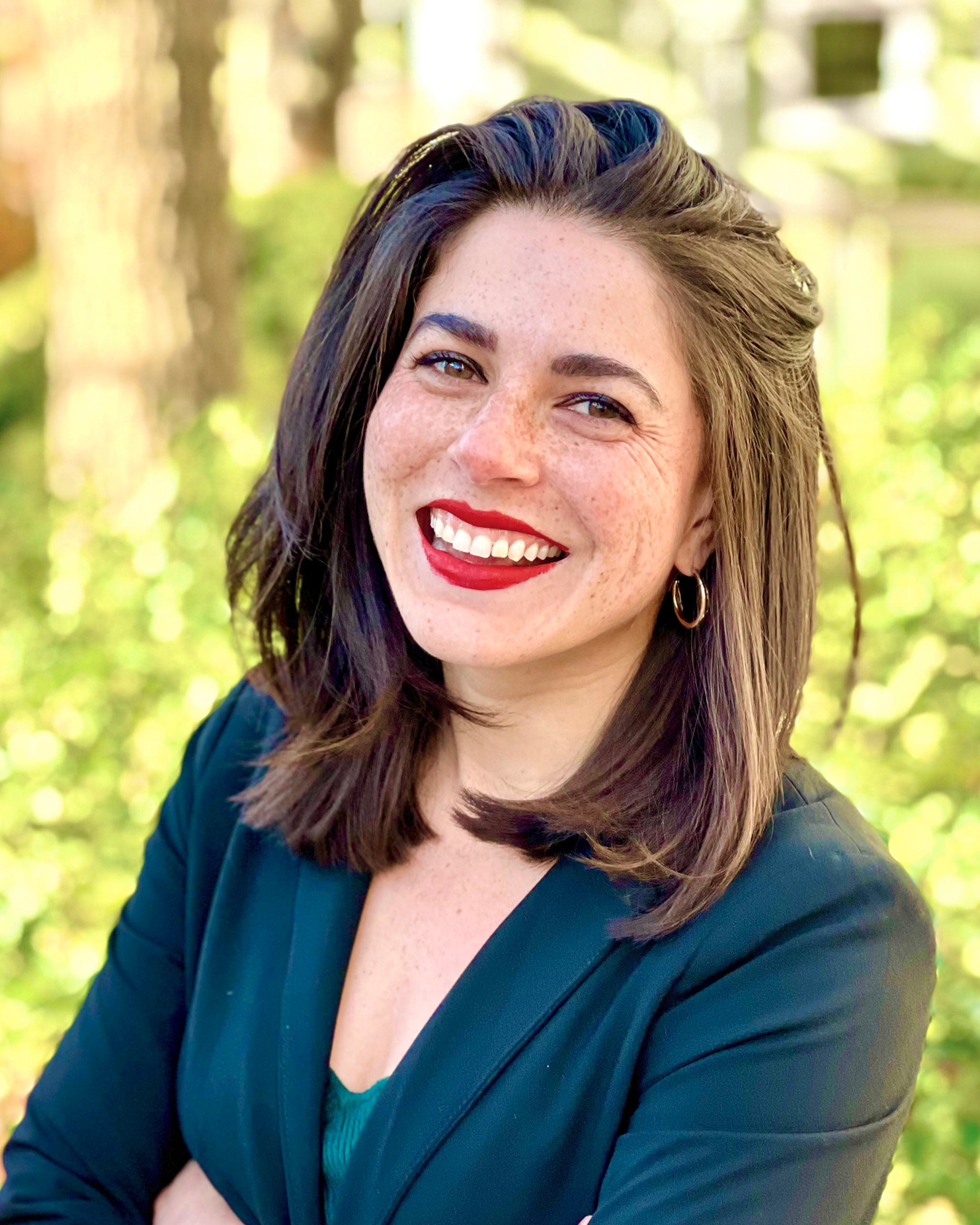
Working with young clients requires striking a unique balance in their interactions, Martinez reflects. “We figure out how to frame cases for a younger audience who have had varying interactions with the legal system. You want to make sure they’re informed enough to be able to make their decisions, without overwhelming them with the nitty-gritty lawyerly details.” In addition to providing legal assistance, Martinez sees the role of juvenile justice lawyer as providing empowerment to clients. “I think there is something special about working with this client population that I hope to come back to. You have an opportunity not only to affect their criminal cases, but also to show clients what advocacy looks like, what civic engagement looks like, and to help them know what their rights are.”
In her clinical experience this semester, Martinez has seen the way legal work can closely overlap with social services and education, requiring attention to various needs that must be met to adequately serve the young client. “I think that especially at the juvenile level, every case has many different parts; some clients need social services, education can overlap, family court can overlap, and so it’s about figuring out how do you help address your client’s needs across all of these different dimensions.”
Madelyn Chen has come to a similar understanding, while working in another CPCS office, the Children and Family Law Division (CAFL) in Boston. Chen has spent the semester working on child welfare cases, primarily care and protection cases in which a child’s family is alleged to have abused or neglected the child. Cases are referred to CAFL by the Juvenile Court. Just like Martinez’s division, Chen’s division also operates from the client-centric standpoint, whether representing children or parents. “Reunification is often the goal, but it is client-driven, so it really depends on what the client wants,” Chen said. “What I enjoy about that is that the child is allowed to express their opinions and desires, and the CAFL attorneys will do their best to advocate for those wishes. It really places a premium on children’s voices.”
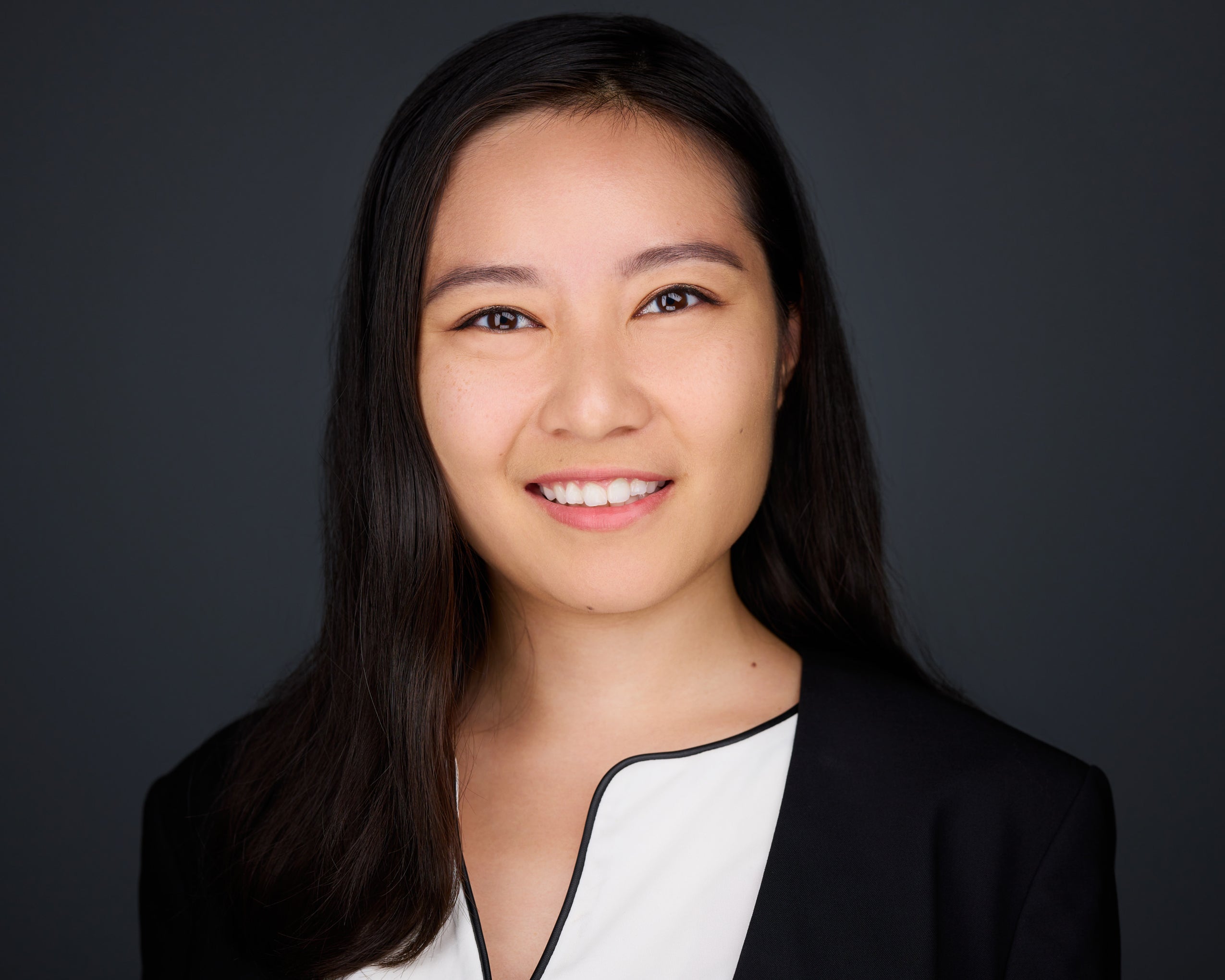
Working with children as clients in CAFL is empowering for Chen, who came to law school with the goal of becoming a strong advocate. “Law school seemed like a good path to allow me to help people using skills that are otherwise inaccessible but can really change people’s lives, through advocacy and representation,” she reflected. The Child Advocacy Clinic has been a perfect match for her goals, offering practical experience that has strengthened her advocacy skills. “I think that children need strong advocacy the most, because they’re the most vulnerable people in our society,” said Chen. “Oftentimes, people don’t listen to children when they have opinions, so I always wanted to work with them in some capacity and be able to uplift their voices.”
Amidst writing memorandums, conducting trial preparation, and observing court hearings, Chen has noticed patterns in the family court system that reflect the discussions the Child Advocacy Clinic students have in the classroom. “The most prominent issue I’ve seen is that almost all of the children in these cases are from low-income families and are children of color, which speaks to the way the child welfare system disproportionately targets low-income families and families of color. That gap can’t really be explained in a logical or rational way when considering that there are white or middle-class families that abuse or neglect their children, but we don’t really see those families in the court,” Chen observes.
This disproportionate targeting has ripple effects for the children who come through the court system, as both Chen and Martinez have seen in their work with CPCS. “You have these poor children of color who are being traumatized by the system and separated from their families. Even if there are valid allegations, being separated from your community and your home is very traumatic, especially when you’re a child,” Chen said. “I don’t think there are enough resources to help these children with what they’re going through. There’s a lack of social support that would mitigate the need for removal.”
I think that children need strong advocacy the most, because they’re the most vulnerable people in our society … Oftentimes, people don’t listen to children when they have opinions, so I always wanted to work with them in some capacity and be able to uplift their voices
Madelyn Chen ’22
In the education realm as well, Riddick has seen firsthand the need for additional social services support for children, which has been exacerbated by the COVID-19 pandemic. After so many months of virtual learning, Riddick says, “there are plenty of children who are operating well below grade level and below where they were pre-pandemic because they haven’t been receiving the services they need. They’re entitled to compensatory services, which is a big issue that’s come up now that students are returning to in-person schools.”
Chen has seen the impacts of the pandemic in her work as well, particularly for families who are separated and entitled to visitations with one another. “The pandemic cancelled a lot of visitations for parents and their removed children in foster homes. If a child can’t see their parents when they’re young and form that bond, it can really hurt their development. Those meetings were moved online, but many clients’ parents had connectivity issues, couldn’t use Zoom, or didn’t have stable Wi-Fi. That’s one of the most striking effects of the pandemic for these families, where it became much more difficult to see your child.”
Working with a young client population has always required a certain resiliency, especially so during the difficult months of the pandemic. From juvenile court to education law advocacy, working on behalf of children has shown each of these students the critical importance of bringing empathy to their work as lawyers. “Being able to lawyer with empathy is something that will be invaluable no matter what I do,” Riddick stated. “It’s something I’ve seen my supervising attorney do day in and day out, and it’s something I practice when I go into the law office every week. That’s the most important skill that I’ll take with me from the clinic.”
During the clinic’s weekly classroom seminar, clinic director Crisanne Hazen makes space for her students to reflect upon their work, what they are learning and seeing, and how they will take the skills and lessons from child advocacy work with them in the future.
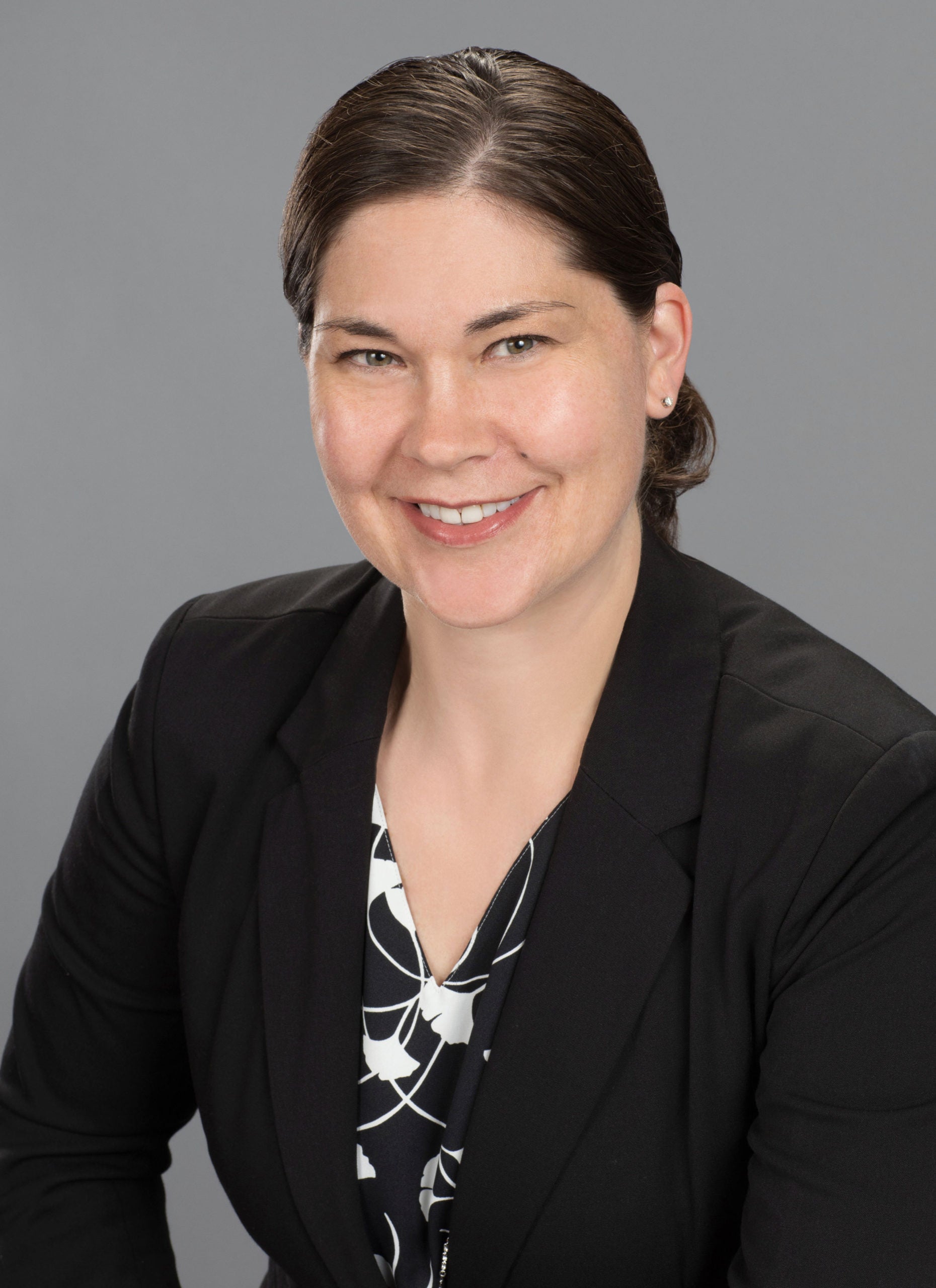
“My work with Crisanne has been really helpful in making sure I stop and reflect along the way. Thinking and reflecting about what you have learned is something that she definitely emphasizes in our seminar,” Martinez said. Professional development is also a key component of the seminar. “We spend time evaluating ourselves, thinking about our goals and where our strengths and weaknesses are. Crisanne sets up one-on-one meetings with us to discuss our reflections, and that individualized attention is really helpful,” Chen stated. “Crisanne makes us think critically about what it means to be a lawyer when you come from a place of such extreme privilege, like Harvard Law School,” Riddick adds. “That’s something she brings to the classroom every day that I really appreciate.”
No matter what area of the law Child Advocacy Clinic students plan to enter after graduation, the lessons learned in the clinic will undoubtedly follow them. “I’m directly learning things that will impact my future career,” Chen said eagerly. “I hope that when I do pro bono projects and volunteer my time, I can look for cases in child welfare law and represent young clients who need advocacy.” Martinez, too, only has positive things to say about clinic. “I’ve had such a great experience so far. It’s been illuminating.”
